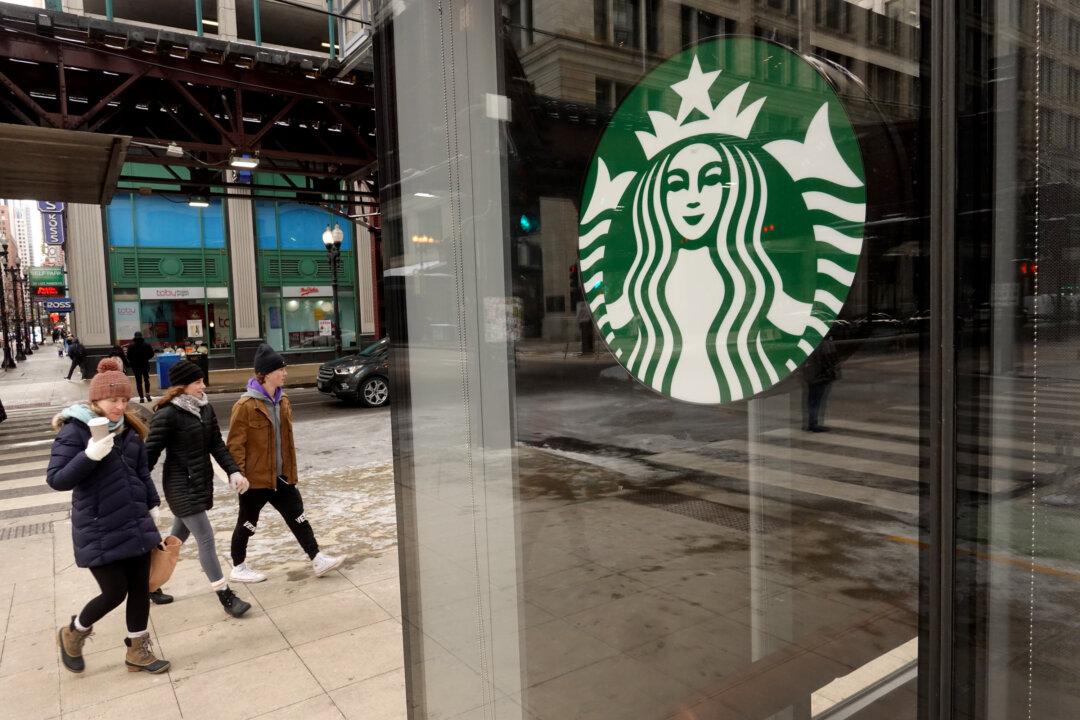A federal judge in New Jersey ordered Starbucks to pay a former employee $2.7 million in addition to a $25.6 million damages award issued earlier by a jury, which found the coffee chain had unfairly fired her because she is white.
In an Aug. 16 order filed at the U.S. District Court in New Jersey, a judge said Starbucks must to pay $2.7 million in lost wages and tax damages to Shannon Phillips, a former regional manager who was fired following the high-profile arrests of two black men at a Philadelphia store.





